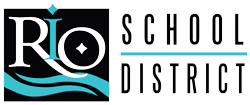Who Do We Learn From?
Who Do We Learn From?
This is a question we educators need to ask and re-ask. Do we learn from teachers? Do we learn from peers? Do we learn from our parents? Our coaches? Our elders? Television? Computer? Experience? The list goes on. As humans, we have realized that we are learning all the time and thus we have named ourselves life-long learners. Over time, we tend to learn that we have learned things that before we had not realized we learned. Our new selves learn about our past learning and learn from our past learning as new selves.
On this day, August 31st, I am reflecting on what I have learned from my father. He was born on this last day of August some 82 years ago. He has been gone from the physical earth for 31 years about the same amount of time I have been married and about the same amount of time I have worked as an educator in public schools in California. I am some 5 years older than he was when he passed now and still he is still 82 years old for me. I am fortunate enough to continue to interact with colleagues and mentors from my father’s era and in one case with someone that shares a very similar life path and origin as my father.
In working with Rio’s children in grades Kinder to 8th grade I wonder whether they are cognizant of what their fathers are teaching them or what they are learning from them. I’m not sure I was at their ages. Still I think it has some utility to reflect on what one son has learned from their father or perhaps many sons from many fathers. Of course the same is equally true for mothers as sources of learning, teachers, grandparents, etc.. My father teaches me now when I think of him. He reminds me of what great coaches do and how teaching is like coaching in some ways. My father was a coach. He knew how to develop and lead teams and how to develop and guide individuals. He knew how to blend the human aspects of performance and observation with the numbers of statistics.
My father taught me the importance of relationships and family and at the same time taught me how alone we all are in the human condition. Many of these lessons were not conveyed through discussion, this rarely occurred. For the most part, he taught by example. An example that took me years to understand in some cases. My father taught me to be calm in emergencies and to help people when they need it most.
There are many lessons I have learned from my father in which I seek to do better in areas that were not his strengths. Areas I often struggled against him in my youth. Later, I see the seeds of these things in myself and how I must consciously seek to develop and improve and learn to be a new self.
My father taught me many things, but perhaps, the deepest lesson was his love for and great appreciation for family and children. He was orphaned by the loss of his mother and father in his first year of life and was raised by a caring extended family of first generation American immigrants. Even as he was unable to keep his family together later in life, family was the deepest root in his life.
Getting autobiographical is not my first direction or preference when pondering writing about learning. Today, however, on this 31st day of August in the year 2017, it is meaningful to consider what our children in our classes are learning from their fathers, their mothers, their teachers and what they will learn later from them when they re-think their learning as older selves. It is also meaningful to appreciate and further develop how Rio’s classrooms and teachers are becoming more and more open to bringing the wealth of learning and resources into school learning that come from our students’ lives and families. This ethnographic and student centered approach is alive and developing. It is as natural as learning itself and helps to transform our learning environments from the factory models that have long alienated young, immigrant, and often low-income children and families such as my father was in 1940 when he first entered school.
I am excited to be part of a process some 31 years later that is learning to incorporate the “lessons of our fathers” as it might be called into the learnings of school. For me, they are a life long resource that seem to unpack themselves more and more as I am fortunate enough to spend more time in this wondrous world.
BLOG CATEGORIES


